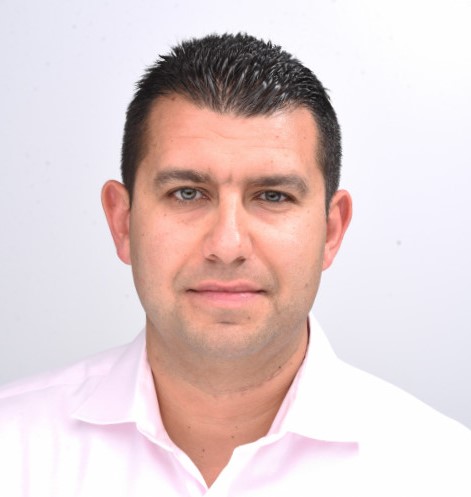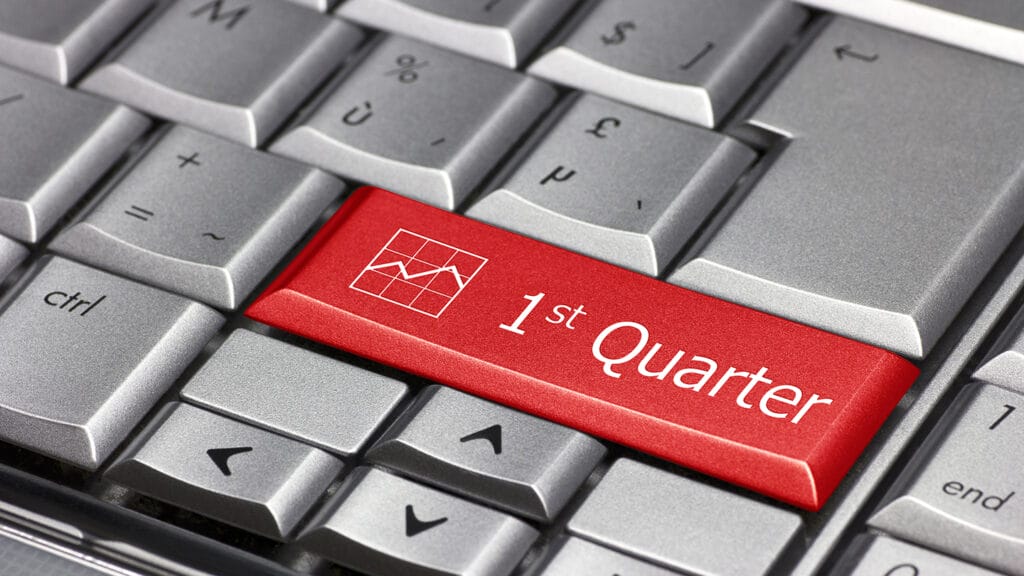Editor’s note: Peer-to-Peer is a feature from McKnight’s Home Care Daily in which we talk to the leaders in home care, your peers, about their operational initiatives, efforts and ideas. If you think someone in home care would make a good subject for Peer-to-Peer, please email Diane Eastabrook at [email protected].
To say the past year has been a challenge for All American Home Care would be an understatement. The Feasterville, PA-based company has battled through the pandemic. It has lost some clients, but it has also gained new ones.
Founder Michael Spivak talked to McKnight’s Home Care Daily about worker burnout and what it has taken to recruit and retain 1,500 employees who care for clients in 10 Pennsylvania counties.
McKnight’s Home Care Daily: Have your employees been talking to you about their mental well-being throughout the pandemic?

Michael Spivak: There hasn’t been a lot of talk about mental health, but what I consider to be mental health is burnout. Sometimes they feel anxious. Sometimes they feel defensive and sometimes they feel uncertain about going to patients’ homes and traveling to meet other people. That is something that they consistently talk about.
McKnight’s Home Care Daily: Is that pressure starting to wane now that the pandemic seems to be easing?
Michael Spivak: Right now the pressure and anxiety is slowly going down a little bit because a lot of them are getting the vaccines. They are getting vaccinated, so they feel protected by the vaccine, specifically from the coronavirus. But for the last year they have been working nonstop, taking care of their own family members or patients that we’ve assigned to them. It’s troubling to them.
McKnight’s Home Care Daily: How are you addressing this directly?
Michael Spivak: We have patient care coordinators who are like customer service representatives. They manage between 100 and 120 patients. Every day they speak to the caregivers of these patients. Every day they get feedback. How do we see the trend of burnout? We see the trend of burnout when they start calling up and they start being late to their cases. That’s how we see that they need a vacation, they need a break, or they need a personal day. That’s the feedback that I receive.
McKnight’s Home Care Daily: How do you balance giving those workers a break but still meeting your clients’ needs?
Michael Spivak: If you give an aide the day off, then you need coverage for that aide. It’s more of a process that we put together where a couple of aides in the same territory cover a different set of aides in the same territory. We try to relieve them as much as we can. There are protocols in place to help them manage their days better. They continue their education with us and one of the topics is managing your day properly, taking your breaks at the same time.
McKnight’s Home Care Daily: Given the difficulties of the pandemic, are you doing anything differently to recruit and retain staff?
Michael Spivak: Absolutely. We amped up our signing bonuses and we amped up our benefit packages with better health insurance and we include better life insurance and dental plans and paid vacations. These are things that require us to compete in the market at a level playing field. We also put in an annual program where if someone is working with us at least a year, then they get an annual bonus of $350. If they stay with us over two years, then their annual bonus goes up to $500. If they are with us over three years, every year the bonus goes up to $650. So we’re seeing a lot of employees being retained with the long-term retention plan.
This article originally appeared on McKnight's Senior Living



